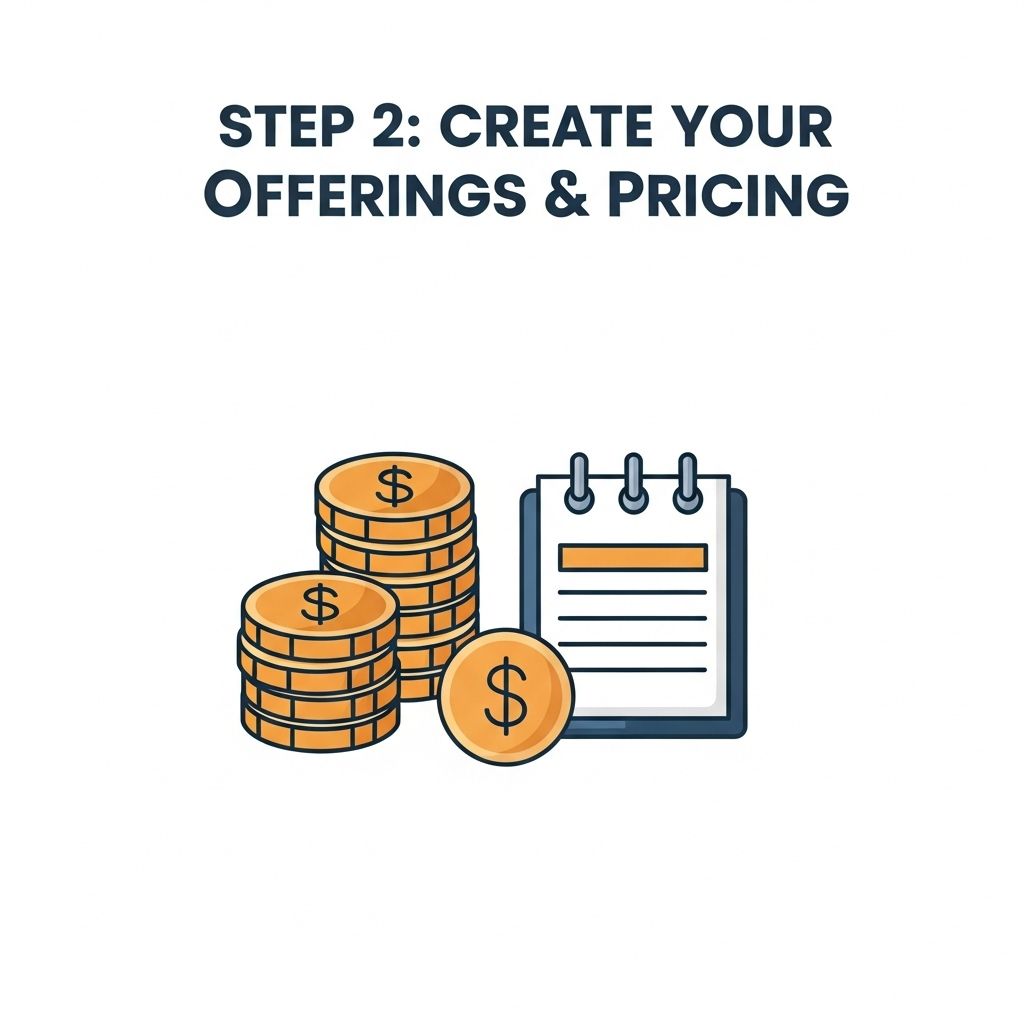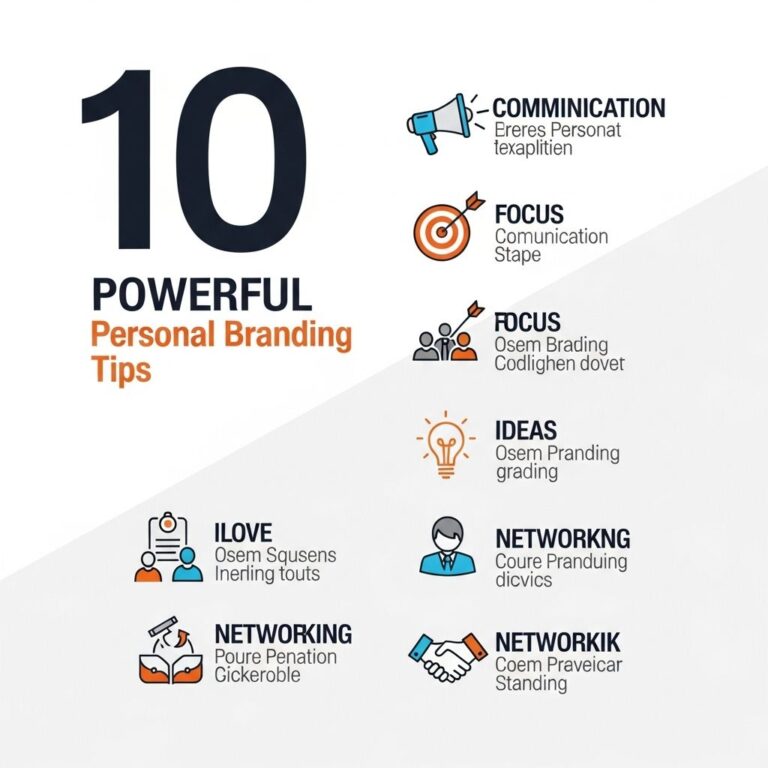Starting a coaching business online can be an incredibly rewarding venture, allowing you to share your expertise, connect with clients globally, and build a fulfilling career. The digital landscape offers endless opportunities for coaches across various niches, whether you’re focusing on personal development, career coaching, health and wellness, or business strategy. However, launching your online coaching business requires proper planning, a strategic approach, and the right tools to ensure your success.
Launching your coaching business online successfully requires strategic planning and the right tools to create a professional presence. By utilizing resources like free bag mockups, you can enhance your brand visuals without breaking the bank. For tips on effective presentation, explore these bag mockup visualization tips.
Table of Contents
Identifying Your Niche
The first step in launching a coaching business is to identify your niche. This will help you target the right audience and tailor your services to meet their needs. Consider the following:
- Your Expertise: What topics can you coach on based on your professional background and personal experiences?
- Market Demand: Research what coaching services are in demand. Utilize tools like Google Trends or keyword research to identify trending topics.
- Your Passion: Choose a niche that you are passionate about. This will keep you motivated and engaged with your clients.
Creating a Business Plan
Once you have identified your niche, the next step is to create a comprehensive business plan. A well-structured business plan will help you outline your vision, set your goals, and strategize on how to achieve them. Key components include:
1. Executive Summary
A brief overview of your coaching business, including your mission statement and the services you will offer.
2. Market Analysis
Detail your target market, including demographics, interests, and pain points.
3. Marketing Plan
Outline how you plan to attract clients. Consider both digital marketing strategies and traditional methods.
4. Financial Projections
Include startup costs, pricing strategies, and revenue projections. This will help you understand the financial viability of your coaching business.
Building Your Online Presence
Your online presence is crucial for attracting and retaining clients. Here are some key elements to focus on:
Website Development
Your website serves as the hub for your coaching business. It should be professional, user-friendly, and optimized for search engines. Important features to include are:
- About Page: Share your story and qualifications.
- Services Page: Clearly outline your coaching services, including descriptions and pricing.
- Testimonials: Display client success stories and feedback to build credibility.
- Blog: Regularly publish content related to your niche to establish authority and improve SEO.
Social Media Marketing
Select social media platforms that align with your target audience. Here’s a brief overview of popular platforms:
| Platform | Best For | Key Strategies |
|---|---|---|
| Community building and ads | Join relevant groups, run targeted ads | |
| Visual storytelling | Use engaging photos, reels, and stories | |
| Professional networking | Share articles, connect with industry professionals | |
| Real-time engagement | Post updates, engage in trending conversations |
Developing Your Coaching Program
Creating a structured coaching program is essential for delivering value to your clients. Here’s how to develop a program that resonates with your audience:
1. Define Your Coaching Framework
What methodologies or frameworks will you use? Consider creating a step-by-step process or model that guides your clients through their journey.
2. Determine the Format
Decide how you will deliver your coaching. Options include:
- One-on-one coaching sessions
- Group coaching programs
- Online courses or workshops
- Hybrid models
3. Set Clear Goals
Establish measurable goals for your clients. This helps track progress and enhances accountability.
Marketing Your Coaching Business
Marketing is essential for attracting clients and building your brand. Here are some effective strategies:
1. Content Marketing
Produce high-quality content that addresses your audience’s pain points. This could include:
- Blog posts
- Podcasts
- Webinars
- Free resources (e-books, guides)
2. Email Marketing
Build an email list to nurture relationships with potential clients. Consider offering a freebie in exchange for email sign-ups.
3. Networking
Engage with other coaches and professionals in your industry. Attend conferences, join online forums, and participate in workshops to expand your network.
Investing in the Right Tools
Utilizing the right tools is crucial for running your coaching business efficiently. Here are some categories of tools to consider:
1. Scheduling Tools
Use tools like Calendly or Acuity Scheduling to automate appointment bookings.
2. Video Conferencing
Choose reliable video conferencing software, such as Zoom or Google Meet, for your coaching sessions.
3. Payment Processors
Set up payment systems that are convenient for your clients. Options include PayPal, Stripe, or using an all-in-one platform like Kajabi.
Measuring Success and Adaptation
After launching your coaching business, it’s vital to measure your success and make necessary adjustments. Consider:
1. Client Feedback
Regularly gather feedback from your clients to understand what works and what needs improvement.
2. Key Performance Indicators (KPIs)
Monitor KPIs such as client acquisition rate, client retention rate, and overall revenue to measure growth.
3. Continuous Learning
Stay updated with industry trends and continuously improve your skills through courses, certifications, and networking.
Conclusion
Launching your coaching business online is a journey that requires dedication, patience, and a strategic approach. By identifying your niche, developing a robust online presence, creating a structured coaching program, and employing effective marketing strategies, you can build a successful coaching business that makes a positive impact on your clients’ lives.
FAQ
How do I start an online coaching business?
To start an online coaching business, identify your niche, create a business plan, develop your coaching program, set up a professional website, and use social media to attract clients.
What platforms can I use to launch my coaching business?
You can use platforms like Zoom for coaching sessions, social media for marketing, and website builders like WordPress or Wix for your online presence.
How can I market my online coaching services?
Market your online coaching services through social media marketing, content marketing, email newsletters, and by offering free webinars or workshops to attract potential clients.
What tools do I need to run my online coaching business?
Essential tools include video conferencing software, scheduling tools, payment processors, and email marketing platforms to manage communications and transactions.
How should I price my coaching services?
Pricing your coaching services should be based on your experience, the value you provide, market research, and competitor pricing. Consider offering tiered pricing or package deals.
What are the legal requirements for starting an online coaching business?
Legal requirements may include registering your business name, obtaining any necessary licenses, and ensuring compliance with regulations related to coaching practices in your area.









